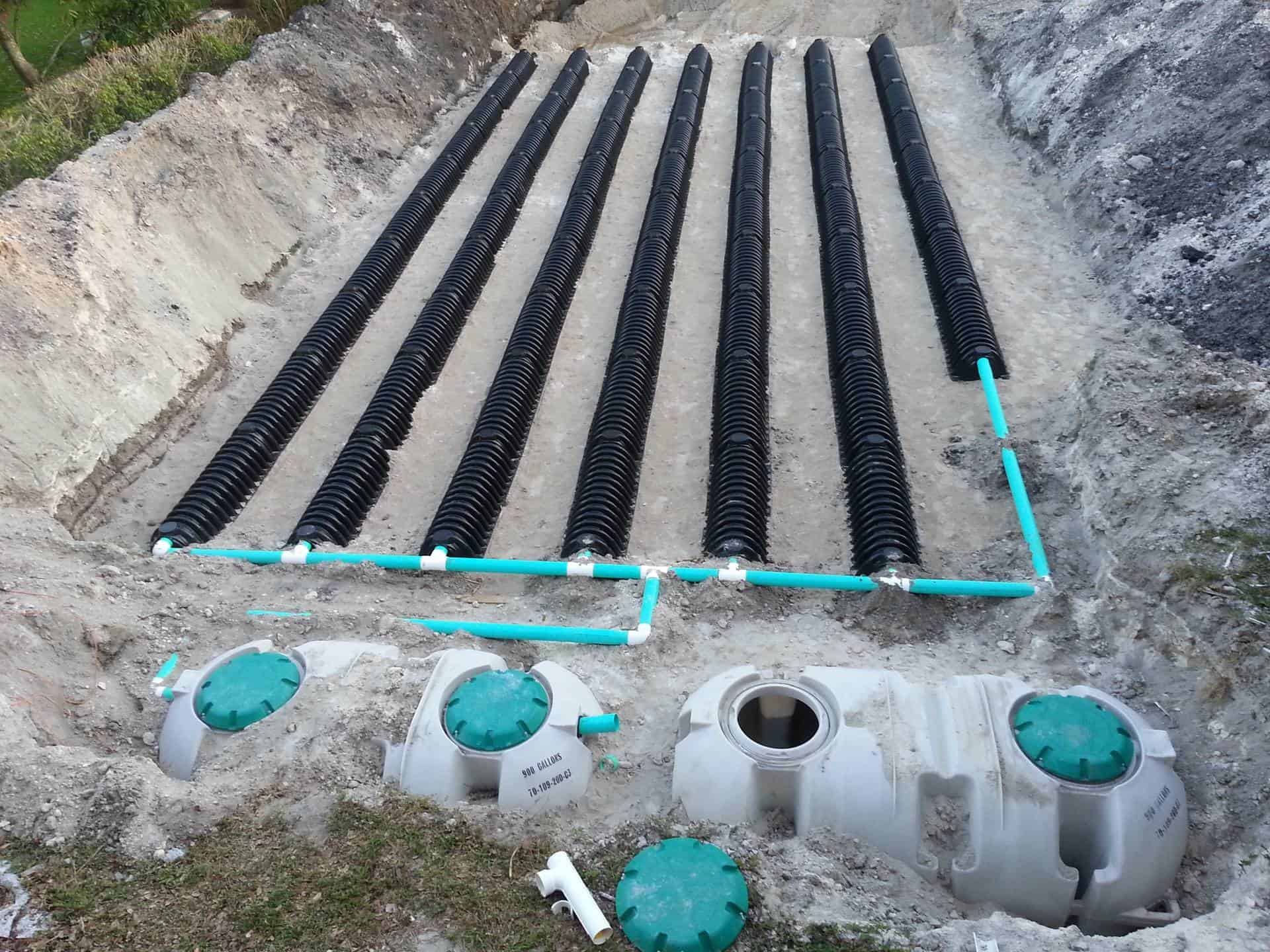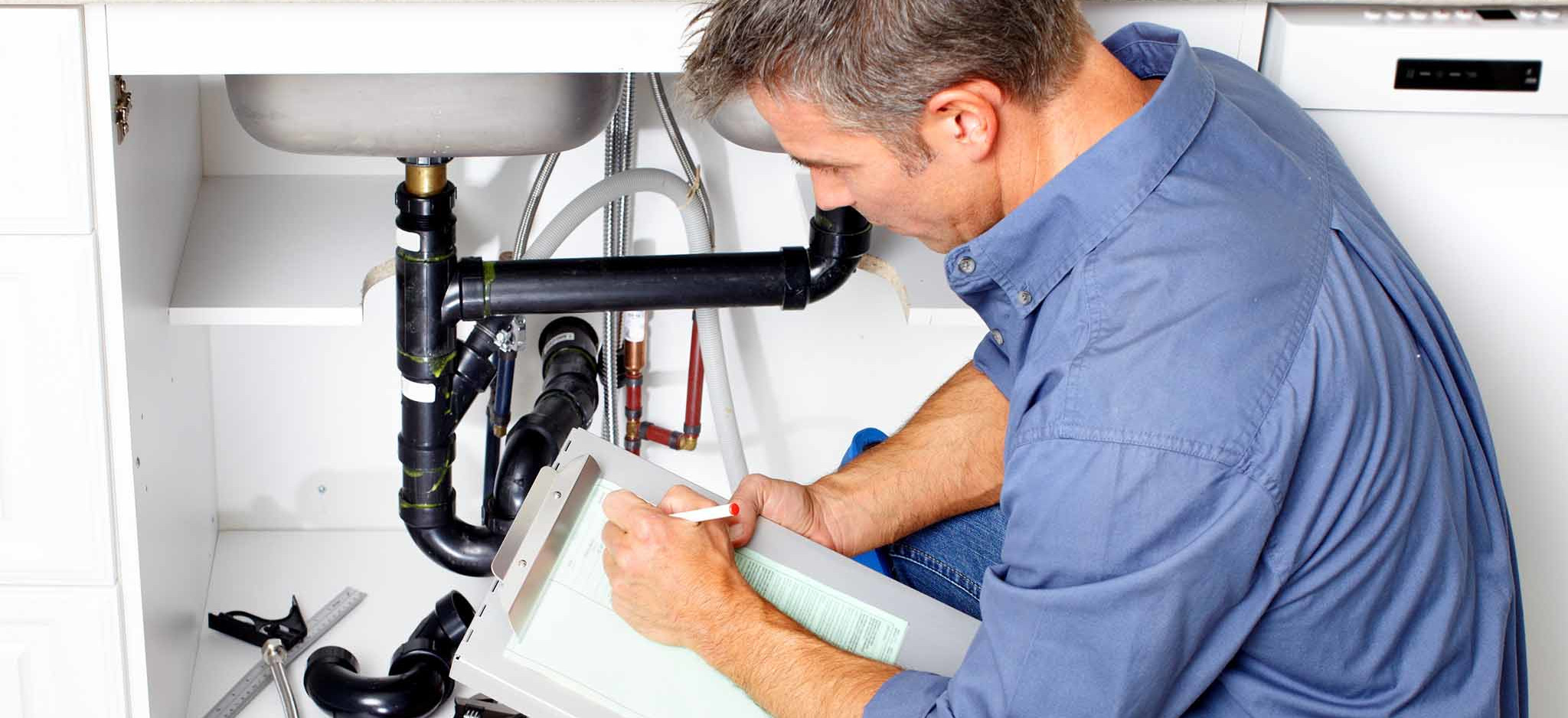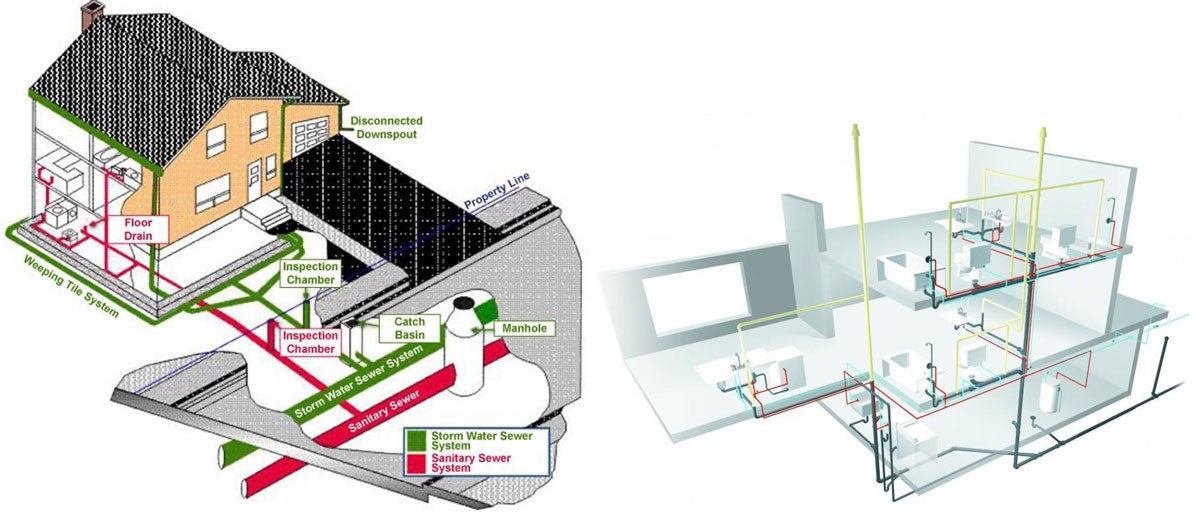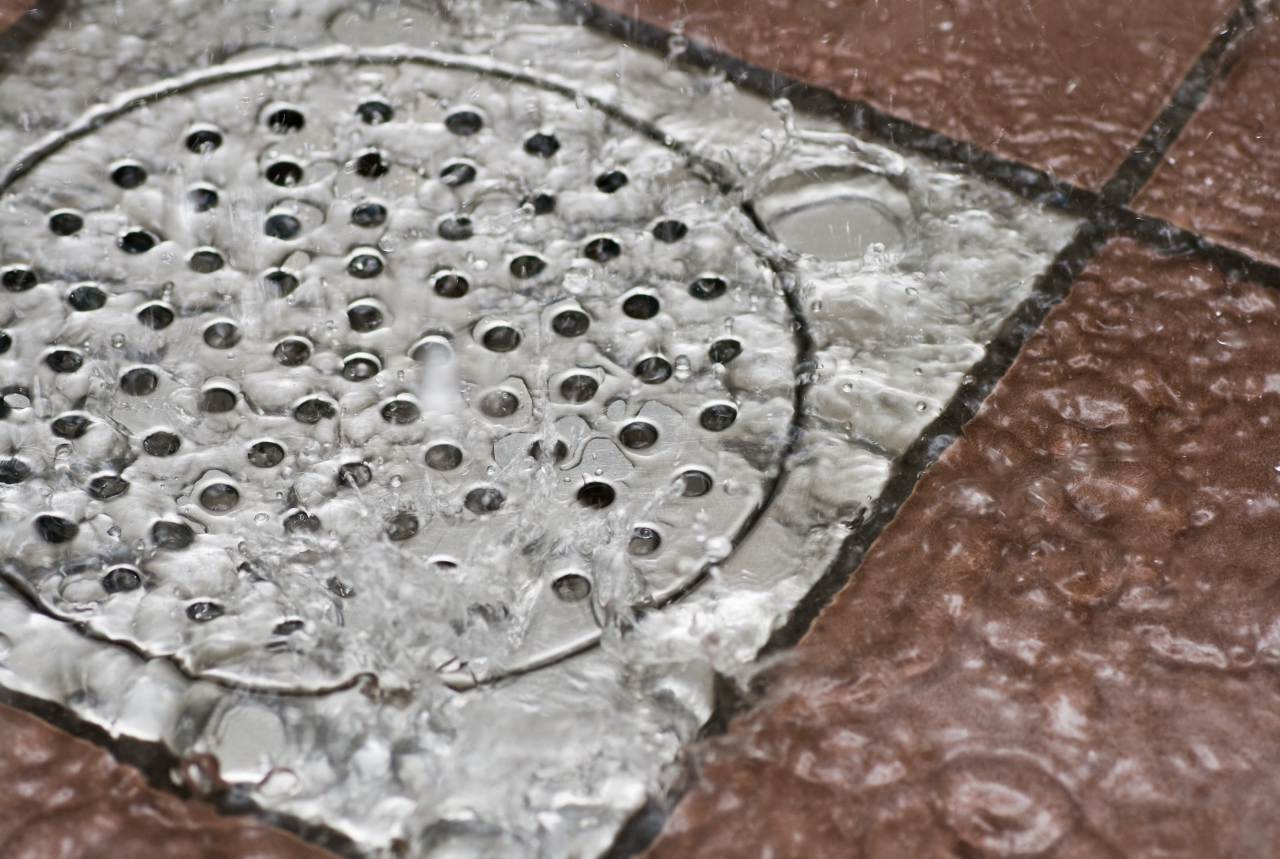How To Maintain a Septic System
Regular septic maintenance is the greatest thing one can do to keep their septic system in good working order. Whether you've recently purchased a house or owned one for years, it is crucial to remember that a septic system has a lifespan of up to 40 years with proper maintenance.
What Is a Septic System? How Does It Work?
All of your home's wastewater, including water from bathrooms, kitchen, and laundry, is treated by a septic system.
Traditional septic systems have a tank into which wastewater flows for treatment, separating solids from the liquid. Microbes break down the organic materials in waste. From there, the wastewater moves to the drainage field, which comprises perforated pipes. Through these pipes, the wastewater can dissipate or seep into the ground.
Essential Tips For Septic Maintenance
You don't need to spend a huge amount of money or time on septic maintenance. However, neglecting your septic system could cost you significantly, as excavating and replacing a septic system is an expensive undertaking. Here are some key tips to maintain the health of your septic system.
1. Keep Your Drain Field Clean
Your drain field is an essential component of your septic system and needs to be properly maintained. For septic tanks to function correctly, the drain field area must not become waterlogged, so avoid overwatering this area.
2. Use Water Efficiently
In a typical family home, each inhabitant uses approximately 50 to 60 gallons of water daily. Every drop of water from your home's plumbing ends up in the septic system. When residents conserve water, less water enters the septic system. Using water wisely enhances septic system performance and reduces the risk of failure.
Pro Tip: Install water-efficient fixtures and appliances to reduce the amount of water entering your septic system. This includes low-flow toilets, high-efficiency washing machines, and faucet aerators.
3. Properly Dispose Of Waste
Toilet paper is the ONLY item, besides human waste, that should be flushed down the toilet. No other items such as diapers, feminine hygiene products, hair, dental floss, or anything else should ever be flushed.
The septic tank is designed to break down toilet paper. It cannot process other products, which will clog your septic system and cause damage. Also, ensure you use toilet paper free from chemicals, as these can harm your septic system.
Items to NEVER flush into your septic system:
- Paper towels or tissues
- Feminine hygiene products
- Diapers
- Dental floss
- Cigarette butts
- Coffee grounds
- Household chemicals
- Pharmaceuticals
4. Schedule Regular Pumping
The typical household septic system needs to be pumped every 3 to 5 years.
A professional septic maintenance service provider is best suited for this job. They will inspect your septic tank for leaks and examine the sludge layers. Remember to keep all septic maintenance documentation, as these records will be helpful if issues arise or if you decide to sell your home.
Remember: The frequency of pumping depends on the size of your tank, the number of people in your household, and the volume of wastewater generated. A professional can help determine the optimal schedule for your specific situation.
Conclusion
As mentioned above, monitoring water use and what enters your septic system is the first step in proper septic maintenance. The most crucial advice, in addition to all the other recommendations provided, is to have a professional regularly evaluate your septic system and pump out your septic tank. Take the actions we have suggested to prolong the useful life of your tank, as a septic tank failure can be expensive and frustrating to address.
Need help with your septic system?
Call us at 844 PLUMB-ALL


